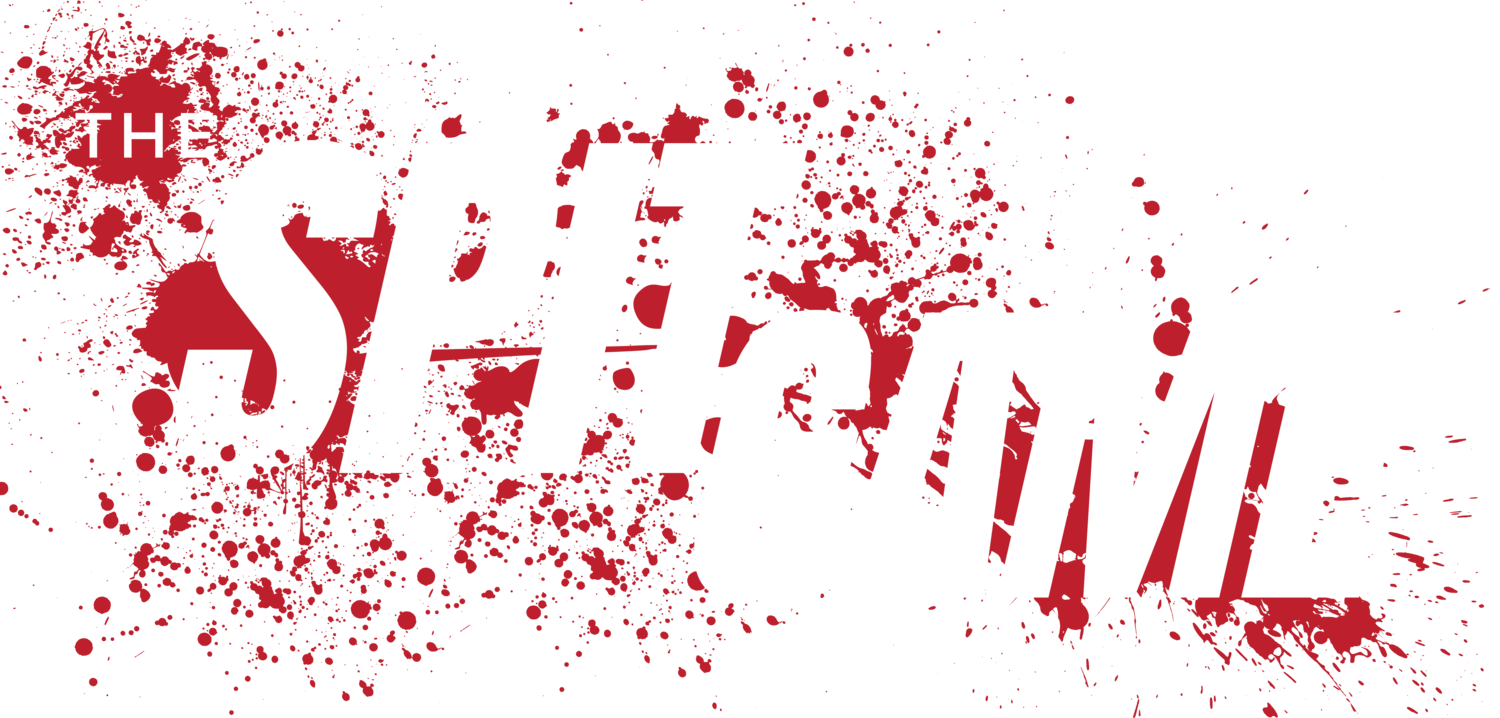When Power Makes Punchlines Poison
Just a Joke | A DISCUSSION
Content Warning: This piece discusses workplace harassment and racial microaggressions
Setting the Scene
In an era where "cancel culture" and "it's just banter" constantly collide, "Just a Joke" exposes the complex power dynamics behind workplace humour. Developed in collaboration with Kings College London researchers exploring bias in professional spaces, the film dissects how jokes become weapons of oppression - particularly when wielded by those in positions of power.
The Poisoned Pitch Meeting
The film chooses its mundane setting carefully - a shoe marketing meeting where casual racism masquerades as creative brainstorming. When Karen suggests "Boomerang" as a brand name, the punchline "What's the difference between a Black dad and a boomerang? A boomerang comes back!" serves as more than just a racist joke - it represents how prejudice often hides behind "market research" and "demographic targeting."
The Complicity Complex
The character of Rio - the Black employee (played by Tresor Roland) who laughs along - provides a devastating examination of workplace survival strategies:
THE FORCED LAUGHTER
His performative enjoyment of racist jokes while making himself small speaks volumes about the compromises marginalized people make to maintain professional relationships. When he gives a glare through an unbelievably extravagant grin - reminiscent of stereotypical imagery of black “jesters” - we see the psychological toll of such performance.
THE CODE SWITCH
Rio's transformation from professional to "Nigga be trippin!" represents how marginalized employees often feel pressure to perform stereotypes to maintain workplace "harmony."
THE POWER PLAY
The film exposes the double standards around offensive humour through Nathaniel's attempted blonde joke:
"KAREN: Just a JOKE?! That was deeply offensive Nathaniel!
This scene captures how power determines what qualifies as "just a joke" versus what becomes a fireable offense. Karen's immediate shift from joke-teller to HR enforcer reveals how authority figures can weaponize both humour and professionalism.
Behind the Lens
The production team worked with ethics researchers to ensure an authentic portrayal of office microaggressions. The decision to make the racist jokes explicitly awful rather than subtle serves to highlight how normalized such "humour" has become in professional spaces.
The Research Impact
The collaboration with Kings College London researchers revealed how "joke culture" often serves as a smokescreen for maintaining workplace power dynamics. The research showed that employees who don't "play along" with offensive humour often face career penalties, while those in power face few consequences for offensive "jokes."
The Laugh Track of Power
The film's ending - where Rio continues laughing after Nathaniel's exit while clearly in pain - serves as a haunting metaphor for how workplace power dynamics force marginalized people to participate in their own oppression. The final line "That nigga be trippin!" followed by group laughter except for Rio's pained expression encapsulates this tension.
Moving Forward
This film demands action on multiple fronts:
WORKPLACE CULTURE REFORM
Organizations must develop more nuanced approaches to workplace humour that account for power dynamics and implicit bias.
MANAGEMENT TRAINING
Leaders need enhanced training in recognizing how "joke culture" can create hostile environments, particularly for marginalized employees.
HR POLICY DEPARTMENT
Human Resources departments must address the double standards around offensive humour and develop more equitable enforcement practices.
EMPLOYEE SUPPORT
Organizations need better systems for employees to report problematic "humour" without fear of retaliation or being labelled as "unable to take a joke."
The Wake-Up Call
"Just a Joke" serves as a reminder that humor is never neutral - it either challenges power or reinforces it. Through its examination of workplace "joke culture," the film forces viewers to confront their own role in maintaining or challenging systems of oppression through humor.




